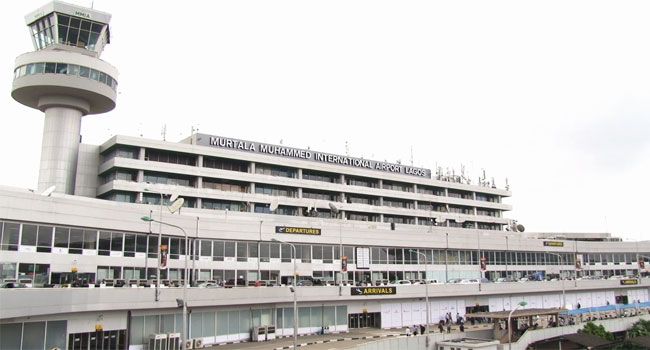Airfares have hit the rooftop as airlines may further push up fares on domestic routes to N300,000 for one-way economy flights as a result of demand by travellers travelling for Christmas.
As from this week, return tickets to the Southern parts of Nigeria will go as high as N500,000 and N600,000 depending on the time of purchase and availability of seats.
There are also indications that many, who would have liked to travel by air would be forced to travel by road despite the bad state of the roads and insecurity.
The high ticket costs could see travellers jettison air travel for the road as the economy does not support them spending expensively on air travel, according to a travel expert, who spoke to Sunday Telegraph yesterday.
For a few air passengers, however, the feasible but risky alternative would be to travel by road, even to far-flung places.
The travel expert disclosed that the carriers, most times, create an impression that flights were fully booked; a situation that puts passengers in a frenzy giving no option for them than to rush to pay.
Already, many are lamenting the upward spike in ticket prices, claiming that air travel in Nigeria is now an exclusive preserve of the rich.
For a few air passengers, however, the feasible but risky alternative would be to travel by road, even to far-flung places.
Most of the routes that are expected to attract high fares are Lagos to Enugu, Abuja to Enugu, Abuja to Uyo, Abuja to Owerri, Abuja to Asaba, Abuja to Calabar, Abuja to Anambra.
Other routes that will come with a lot of traffic this Yuletide are flights from Lagos to Owerri, Uyo, Calabar, Port-Harcourt, Asaba, and Anambra, which see huge traffic numbers.
A passenger, who identified himself as Ugochukwu, said: “If I had the money to book now, I would have done so but there are a lot of things for which I need money. I will have to book close to the festive period, although that depends on the money I have”.
A former Assistant Secretary-General of Airline Operators of Nigeria (AON), Mohammed Tukur, said, that during low seasons, airlines reduce fares due to less demand for their service.
Tukur said: “During low seasons, airlines are compelled to reduce fares in response to low demand and or/even decrease supply by reducing capacity with the high possibility that they may have to operate at a loss. Peak seasons are an opportunity for airlines to compensate for the losses or reduced earnings incurred during low season.
“They may fix fares to reflect the increased demand. Airlines, however, still offer the best fares for their earliest purchasing passengers. So, passengers are well advised to purchase their ticket as early as possible to get the best discounts.”
Managing Director of Aero Contractors, Captain Ado Sanusi, said as demand increases, and without any significant increase in capacity, prices would increase.
Sanusi said: “That is the normal thing that happens in any commodity. When you are selling tomatoes, and there is an increase in demand from those who want to buy tomatoes and there is no increase in its supply, the price of tomatoes will increase.
“Same with airline. When there is an increase in demand for seats and there is no increase in the supply of the seats, the seats will be more expensive.”
Asked whether the reduced capacity in the industry would not result in more cancellations and delays during the peak period, Sanusi added: “There will only be more cancellations or delays if the airline decides to operate beyond its capacity. And I believe all airlines run professionally enough not to have a schedule that is beyond their capacity.”
On whether the scheduled meeting between Nigeria and aircraft lessors would deepen capacity in the industry next year, he said: “I marvel when people say Boeing has invited us or there is a financial meeting that will take place.”
A businesswoman, Uche Johnson, who spoke with our correspondent, said: “The price of tickets has continued to skyrocket. Today, I bought a Lagos to Uyo economy ticket at N200,000. From next week, it will go as high as N250,000 and N300,000 for a one-way ticket.















